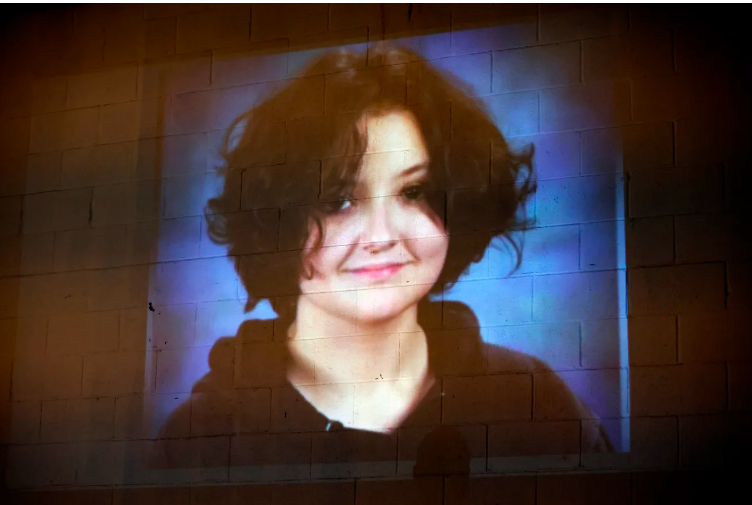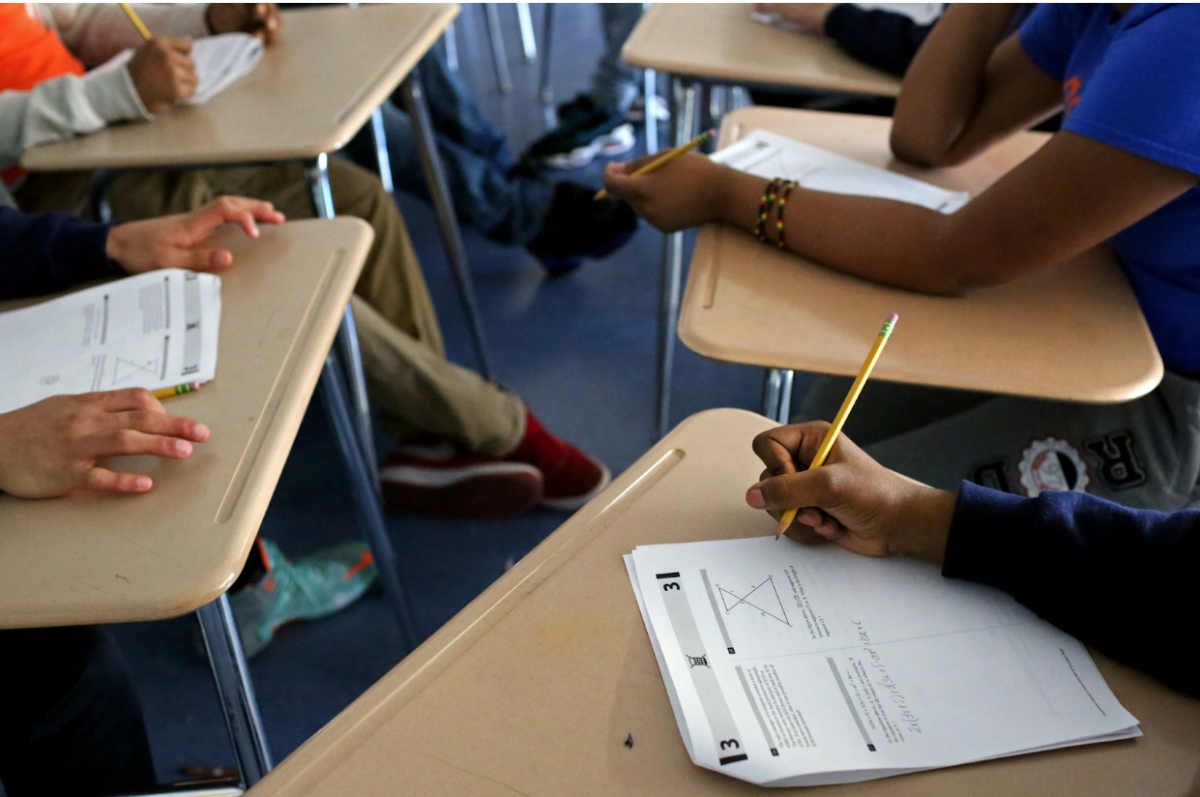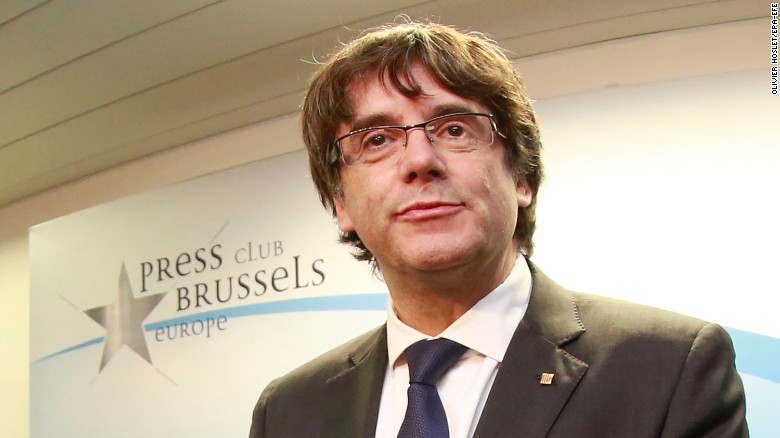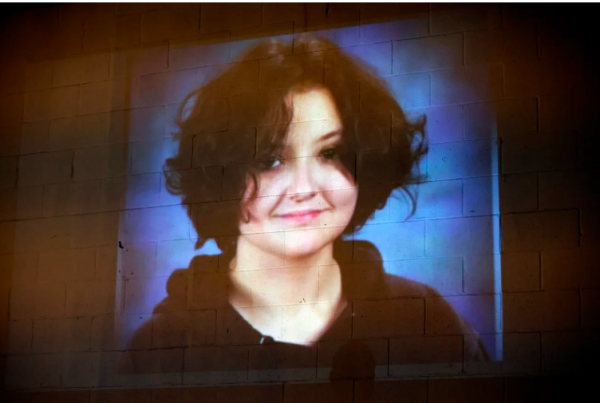Tumult Continues in Catalonia
Deposed Puigdemont speaks in Brussels on Tuesday, announcing his party’s plan to run in the December 21 elections. (Photo: CNN)
October 31, 2017
Tensions deepened between Catalonia and Spain this week as the semiautonomous region released a unilateral declaration of independence hours before the central government in Madrid extended direct control over the region.
The outbreak of conflict came after an October 1 referendum, in which a 43% voter turnout voted 92.01% in favor of independence from Spain, according to the Catalan regional government.
Since the initial reactions to the referendum, tensions have simmered between the central government in Madrid and Catalan regional president Carles Puigdemont and his alliance of pro-independence parties.
Despite a promise to declare independence within 48 hours of the vote, Catalonia did not immediately seek to break from Spain; Puigdemont signed a declaration of independence on October 13th, but suspended its effects for several weeks, angering some radical independence seekers within his coalition.
This temporary period of mediation ended abruptly Friday, October 27, when the Catalan regional parliament voted 70 to 2 to release a unilateral declaration of independence from Spain. AP Spanish Language teacher Gregory Griffin hailed the move as the first “truly concrete action taken towards independence,” but questioned the legitimacy of action involving only 72 of the parliamentary representatives in Catalonia.
The declaration triggered Spain’s prime minister, Mariano Rajoy, to urge the Spanish parliament to evoke Spanish Constitutional Article 155. The article was evoked hours after the Catalan declaration of independence was released. It allows for suspension of regional government in Catalonia, placing the region under direct rule of Madrid. As the article was put into effect, Junior Eleanor Smith predicted “…far more violence than we’ve seen in the past.”
Over the subsequent two days, Puigdemont and high-ranking government ministers were deposed; the head of Mossos, the Catalan police force, was fired; and Madrid outlined a plan to hold elections for now-vacated of Catalonia on December 21. The region, however, remained largely tranquil, despite radical independence activists urging for mass demonstrations and civil disobedience.
Fearing a campaigning effort from Puigdemont, or a member of his coalition, Spain moved towards charging independence leaders with rebellion, a charge that carries a 30-year maximum sentence.
The charges prompted Puigdemont to flee Catalonia, appearing Monday in Belgium, according to the Washington Post. As of Tuesday, October 31, all prominent proponents of Catalan independence have been stripped of government offices. The region’s autonomy, including its use of an independent police force, is in jeopardy. AP Spanish Literature teacher Ms. Shaw voiced concerns about direct control, wondering “how [Catalans] will ever gain back their semi autonomous status.”
With the semi autonomy of the region being threatened, independence seems a distant goal. As Junior Jack Collins explained, “I don’t think [Catalan citizens] will actively revolt against Spain for independence. Their whole government is gone.” Collins went on to defend Spain’s extension of direct rule by referring to the situation as a “lose-lose: Spain had no choice but to do it, but now they are making Catalonia look like a victim.”
Despite promises from Puigdemont that his party will run in the snap elections set for December 21, the party and its goals do not have an auspicious future. Stripped of its political leaders and any semblance of military power, and lacking the widespread social support it once harped upon, the Catalan independence movement has reached what may prove to be an indefinite standstill.






























